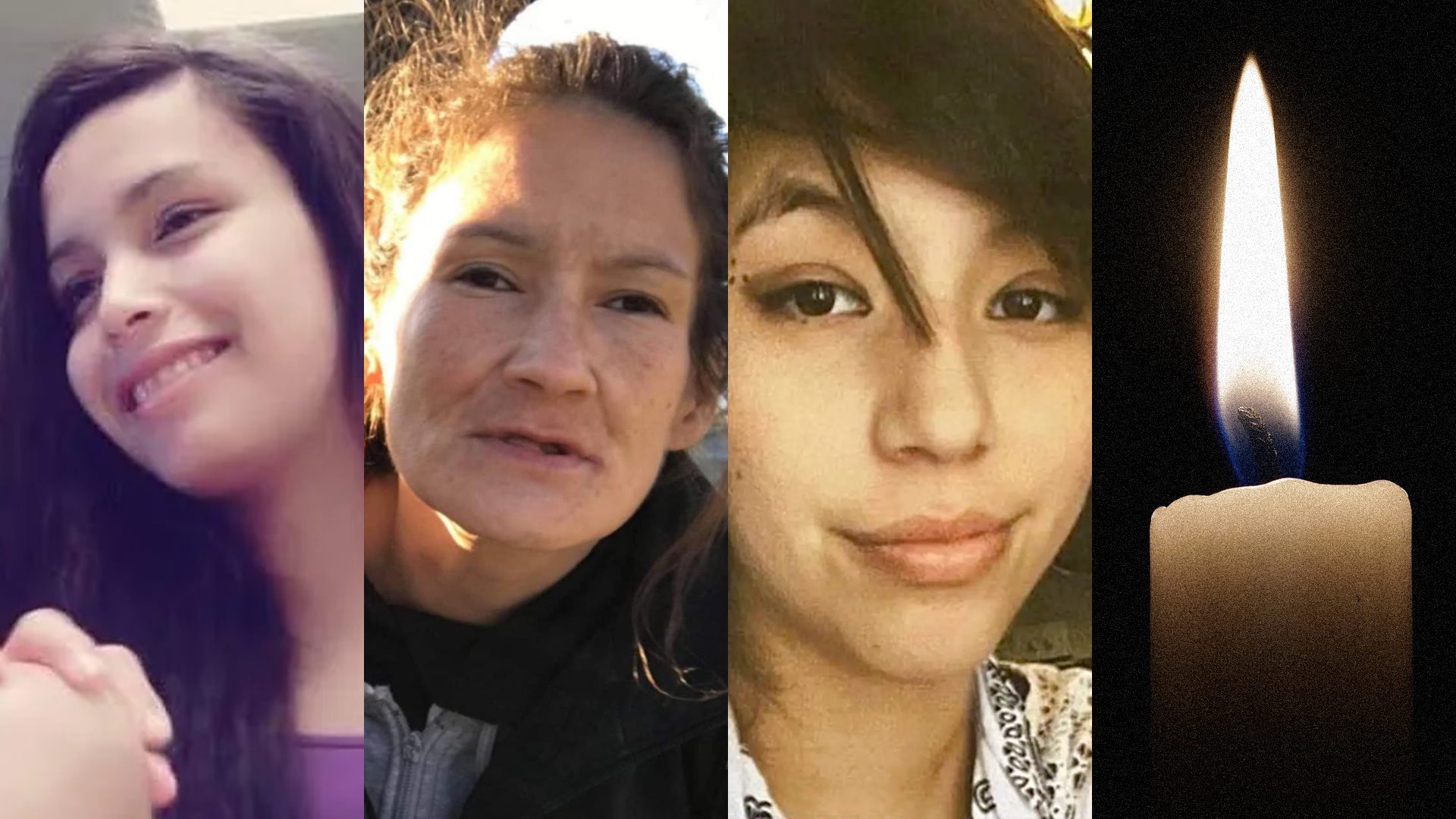When an Indigenous woman in Canada is lost to violence, Cora McGuire-Cyrette grieves. She says things were different this time around when Winnipeg police announced the murders of four Indigenous women at the hands of an alleged serial killer.
“When my fellow sisters are not well, I’m not well. This time, the pain was different, the pain was of a lot of outrage and anger at what’s going on,” says McGuire-Cyrette, who has been the executive director of the Ontario Native Women’s Association (ONWA) since 2015.
“Especially, the response to the murders and to the deaths and to where their remains are and the lack of action.”

Winnipeg police say they will not be searching the Prairie Green landfill north of the city where they believe the remains of Marcedes Myran and Morgan Harris may be located.
Police are unsure of the whereabouts of the remains of a fourth victim, identified as Buffalo Woman – Mashkode Bizhiki’ikwe.
ONWA is urging Winnipeg police to work with other forces to see whether more victims are possible.
“We don’t know if there are other victims because they’re not searching,” says McGuire-Cyrette, who adds, “serial killers tend not to stop until they’re caught.”
ONWA is also among those who say the murders in Winnipeg by an alleged serial killer should be treated as a targeted hate crime.
“When the chief of police of Winnipeg is saying he doesn’t know if they were targeted, I think every Canadian should be outraged right now when clearly there is a connection between race and gender,” she says on the latest episode of Face to Face. “The more racialized you are in this country, the more likely you are to face violence and this is where we have to look at. Where are the investments into prevention? Where are the investments into systemic change?
“This is not the first time that Indigenous women have been discarded in landfill sites, particularly in Winnipeg. So, where was their investment and their strategy to prevent other women from being disposed of within those landfill sites.
“We all know if it wasn’t for the face of their race and being Indigenous, would their response or lack of response actually still apply if it was a non-Indigenous woman. Ignorance is no longer an excuse for what continues to happen to us as Indigenous women in here in this country.”
Read More:
‘Women can be found’: Bernadette Smith meeting with forensic pathologists about Winnipeg dump search
At least 11 indigenous women have been murdered in Winnipeg in 2022.
According to recently released data by Statistics Canada, 45 Indigenous women were victims of police-reported homicide in 2021, an increase of three additional murders over the previous year.
McGuire-Cyrette says violence against Indigenous women continued to increase during the pandemic.
“When you look at the violence, its only going to continue to increase because there is limited to no safe spaces for Indigenous women to go to safely exit human trafficking or domestic violence,” says McGuire-Cyrette who believes work on the national inquiry’s calls for justice, has been much too slow.
McGuire-Cyrette says government investments in culture, language and special days are all important but wonders where are the investments in safety and “educating the public that Indigenous women need to be respected and not dehumanized?”












